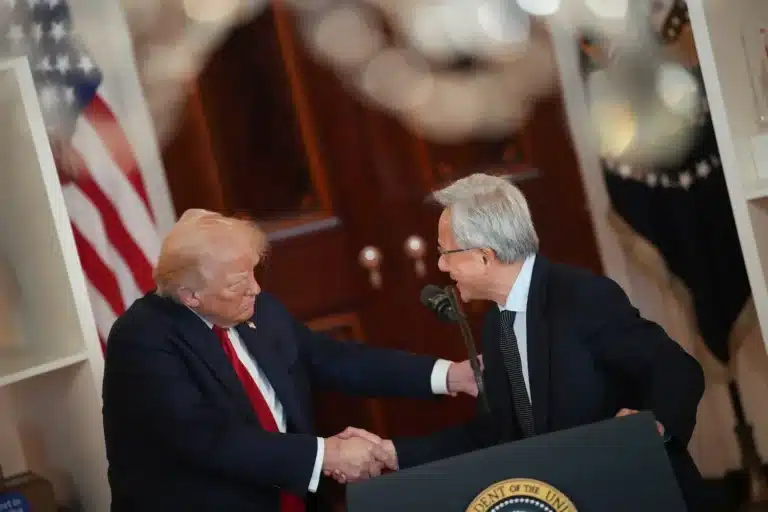This website uses cookies as well as similar tools and technologies to understand visitors’ experiences. By continuing to use this website, you consent to Columbia University’s usage of cookies and similar technologies, in accordance with the Columbia University Website Cookie Notice.
Charting the Path for U.S.-China Climate Cooperation
As the first meetings take place between top Biden administration officials and their Chinese counterparts, the U.S. and China are beginning to map out how they plan to engage on climate change. Given diplomatic tensions between the two countries on such issues as trade, technology, and human rights, questions remain about whether the countries can cooperate to address the climate crisis.
In this edition of Columbia Energy Exchange, host Jason Bordoff is joined by Kelly Sims Gallagher to discuss what both the U.S. and China are doing domestically on climate change, and whether and how their actions may play out as cooperation or competition between the two nations.
Kelly Sims Gallagher is Academic Dean and Professor of Energy and Environmental Policy at The Fletcher School at Tufts University, where she directs the Climate Policy Lab and the Center for International Environment and Resource Policy. She served in the second term of the Obama Administration as a Senior Policy Advisor in the White House Office of Science and Technology Policy, and as Senior China Advisor in the Special Envoy for Climate Change office at the U.S. State Department.
Gallagher is the author of Titans of the Climate (The MIT Press 2018) and The Global Diffusion of Clean Energy Technologies: Lessons from China (MIT Press 2014), and dozens of other articles and book chapters.
More Episodes
Emmanuel Lagarrigue on Climate Investing Today
Investment in clean energy technologies is on course to hit a record $2.2 trillion this year, according to the International Energy Agency. That’s more than twice the amount...

Amy Harder on Climate and Energy Reporting
The national conversation around climate change is shifting. There’s more focus on energy affordability and demand, as well as on the dual role artificial intelligence plays as both...

In a Charged Environment, FERC Faces Demands for Energy
The Federal Energy Regulatory Commission (FERC) regulates the United States’ energy transmission, pipeline networks, and wholesale rates for electricity. For much of its history, FERC was a little-known...

World Energy Outlook 2025: Navigating Divergent Futures
Around the globe, and here in the United States, energy markets face huge uncertainties. They include everything from rising geopolitical tensions to a wave of new liquefied natural...

Relevant
Publications
The Nvidia Chip Deal Is a National Security Disaster Waiting to Happen
Trump’s latest proposal would cede the United States’ AI advantage.

Beyond Tariffs: Coercive US Trade Deals and Southeast Asia’s Clean Energy Future
Two trade agreements recently negotiated by the Trump administration contain novel and coercive provisions with little precedent in US trade policy or the global trade system.

Energy is the next battlefield
Without transatlantic alignment, we risk forfeiting the very advantages our alliance was built to protect.

Is a Libyan Oil Revival Underway?
Libya's bid round for new oil and gas exploration and production highlights its potential revival as a major oil producer.

